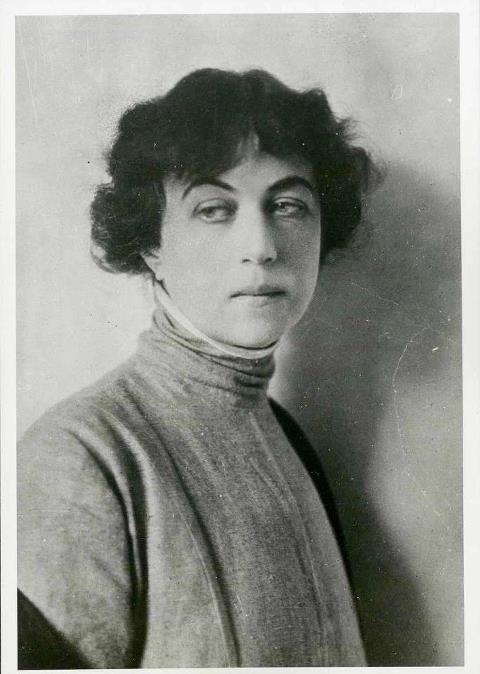Alexandra Kollontai (1872-1952) was a Russian revolutionary who became instrumental in achieving rec
Alexandra Kollontai (1872-1952) was a Russian revolutionary who became instrumental in achieving recognition for women’s contributions to the Russian revolution. She argued that the feminist ideas of the “bourgeoise” did not apply to working-class women, who continued to be subjected to exploitation. She believed women’s rights could only truly be achieved through political and economic equality for all genders. In 1913, Kollontai wrote, “For the majority of women of the proletariat, equal rights with men would mean only an equal share in inequality, but for the ‘chosen few,’ for the bourgeois women, it would indeed open doors to new and unprecedented rights and privileges…but each new concession won by bourgeois woman would give her yet another weapon for the exploitation of her younger sister…” After the 1917 revolution, Kollontai continued her attempts to better the welfare of women and recognition of their struggles. That year, she oversaw the establishment of International Women’s Day as a national holiday in Russia, and helped found the Zhenotdel, a department of the Communist Party that dealt specifically with women’s issues. In 1923, in an attempt to sideline her political influence, she was appointed the Soviet diplomat to Norway, and later Sweden, becoming the first modern-day female diplomat. -- source link
#history#womens history#russia#feminism
